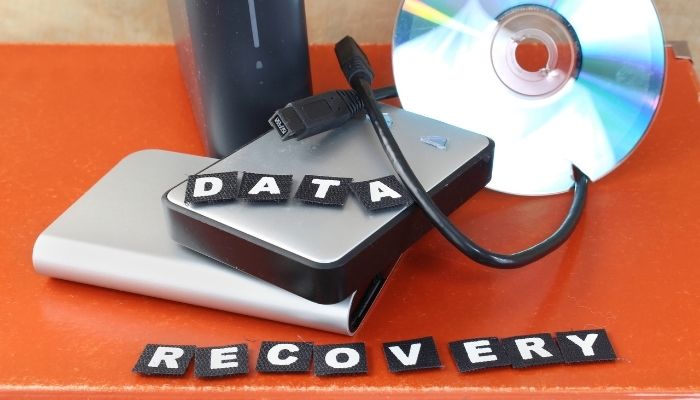Data recovery is the process of recovering data from storage media. Every storage medium deteriorates over time, and there are several ways to damage them in the process of using them, such as dropping your external hard drive or leaving your computer on when removing its USB flash drive. Many small businesses face the challenge of data recovery due to the lack of backup or other factors like hardware failure and virus attacks. In this article, we are going to discuss the common sources of data loss and the possible solutions you can adopt to overcome small business Data Recovery Service challenges and prevent any mishap related to your critical business data.
With the help of technology, you can overcome this challenge and recover your lost data. The following tips will help you to overcome this challenge:
Don’t limit the number of backups
It is always advisable to create multiple backup copies of your data on different devices at regular intervals so that if one device fails, you can recover your data from another device. To prevent losing data due to a system crash or virus attack, it is advisable to create multiple backups on different media like hard drives, external hard drives, CDs/DVDs, and even memory sticks and take Hard Drive Recovery Melbourne. Use cloud storage services like Dropbox, Google Drive, and Apple iCloud to backup your data online. This will ensure that even if something happens to your computer, you can still access your important data from anywhere at any time as long as you have an internet connection.
Test your backups to ensure they work
If you have been backing up your data, but haven’t tested the backups to ensure they are working properly, you might not know what kind of shape they are in. To avoid surprises when it comes time to use them, test them often. For example, run an integrity check on all of your backups once a week or so. That way if something goes wrong, you will notice it right away and be able to fix it before any damage is done.
Use different mediums for storing your backups
Use some form of local storage (such as USB flash drives) and then periodically copy the files over to an external hard drive or another computer in your office. This way, if your computer goes down unexpectedly, you still have copies of your important files somewhere else in case they’re needed immediately.
Use a cloud backup solution
Cloud backup services like Dropbox and Google Drive are easy to use, but you might not want your data in the cloud for privacy reasons or because it’s too slow during peak times of the day. If so, consider an alternative like Carbonite or Mozy that keep copies of your files on their servers instead of in the cloud.
Take help from experts
Small business owners might be tempted to try to solve their problems when it comes to recovering lost data. However, they should consider taking advantage of the expertise of an expert who knows how to deal with different types of data loss scenarios. This could be a local IT company or even a cloud storage provider like Carbonite or CrashPlan — depending on what type of technology you’re using for your backup solution.
In the end, it all comes back to planning. Creating and maintaining backups, storing them in remote locations, and testing your backup recovery strategy regularly are all vital steps for any small business owner looking to overcome the data loss hazards of the business. A little forethought will go a long way when disaster strikes, but it’s only the first step. Business owners would also do well to make sure that employees understand the importance of Data Recovery Services backups and the procedures for restoring lost data in case of an emergency.












Add Comment